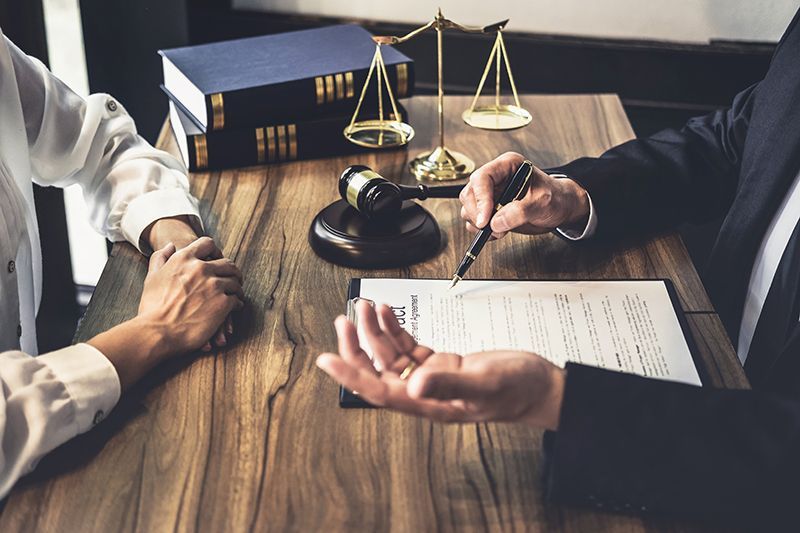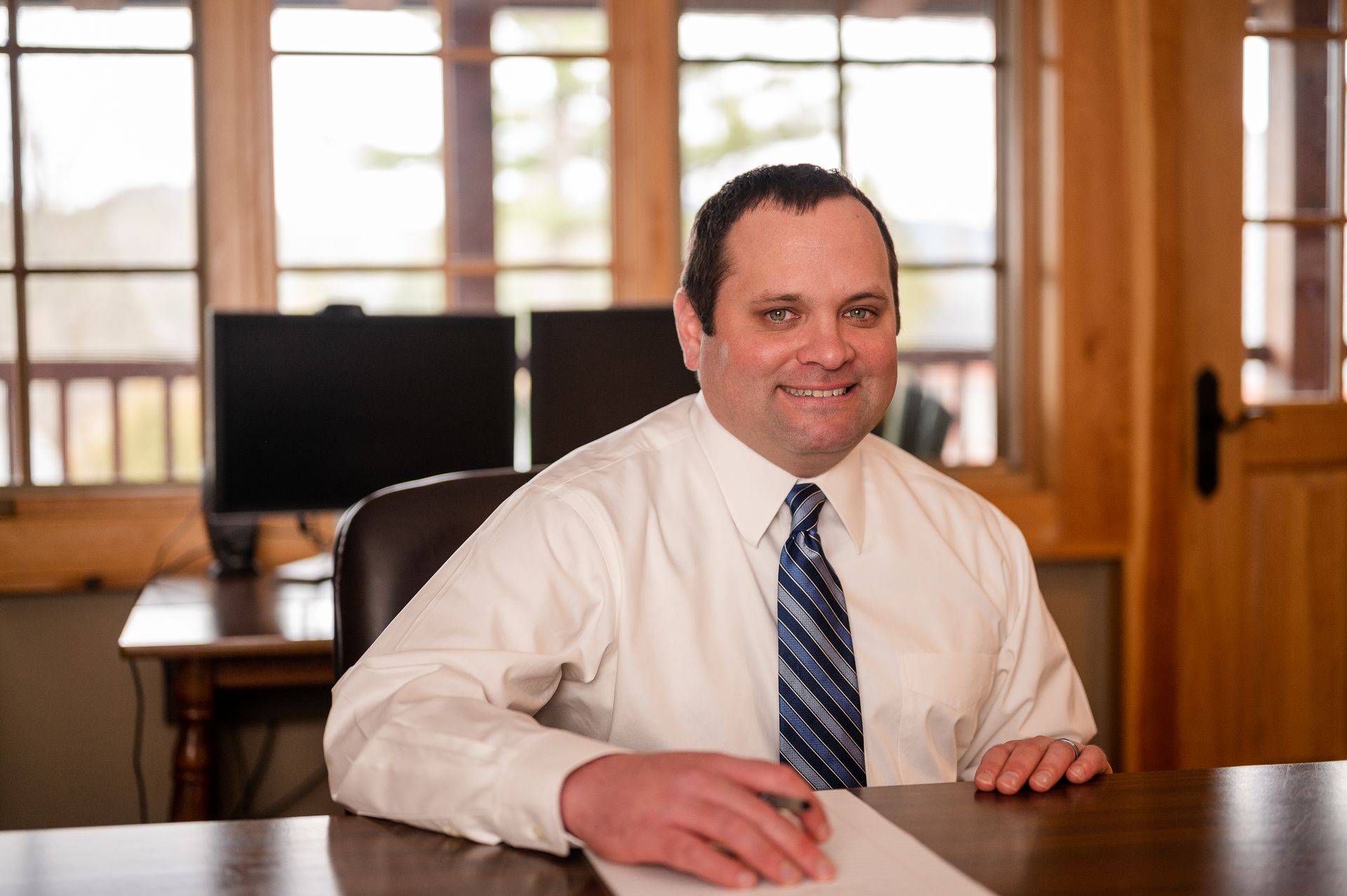DEFAULT JUDGMENT AGAINST YOU? ALL HOPE MAY NOT BE LOST!

In New York State, a party can have what is known as a default judgment taken against him/her/it if the party does not respond to a lawsuit soon enough. Many times, parties who are sued can act like an ostrich and stick their head in the sand thinking if they never acknowledge the lawsuit, it will just go away. This is not true for the vast majority of lawsuits and situations people may find themselves in – rather, the most important thing someone can do if served with a lawsuit is to engage an attorney.
However, there are instances where a party does not even know that they were sued. A Summons & Complaint could be served on the wrong person or entity, served to the wrong place or it could never have been served at all. A Court could take representations of the opposing party or process server at face value and render a money judgment against a person whether that person was actually served with or even aware of the suit. The money judgment could require the unsuspecting party to pay a significant sum of money or have a party lien against real property against the person being sued unknowingly or even have their bank account drained for the funds due. A judgment against you is a serious matter that you cannot let go unaddressed. Moving as soon as possible after you learn that a judgment has been awarded against you, if you were not aware when the suit was first brought, is vitally important so that you can make a motion to vacate that default judgment.
NY CPLR 5015(a)(1) permits a Court to relieve a party from a judgment if they show an excusable default if such motion is made within one year after service of a copy of the Judgment or Order with written notice of its entry upon the moving party. This is the most frequently used method to bring an Order to Show Cause to vacate a default judgment against a defendant. The most important part of this is that a motion must be made quickly, not greater than a year after a judgment is entered against the defaulting party. The defaulting party, possibly the party which did not even know a suit was pending against it, who seeks to vacate the judgment must have a reasonable excuse for its failure to participate in the litigation previously, as well as a meritorious claim or defense to defend itself in the action. For instance, if a defendant has no real defense in a lawsuit in which they are claimed to have defaulted, the Court will not typically permit them to be relieved of such judgment. Again, speed is key here. Seeking an attorney’s advice as soon as you are aware of the judgment is vitally important.
What happens if you don’t make a motion to vacate a judgment within a year? It becomes more difficult. Under CPLR 5015(a)(2-5), a defaulting party must show either newly discovered evidence which if introduced at trial would have produced a different result and could not have been discovered in time to move for a new trial under CPLR 4404 or fraud, misrepresentation or misconduct of an adverse party, or lack of jurisdiction to render the Judgment or Order and/or reversal, modification or vacatur of a prior Judgment or Order upon which it is based. These defenses and methods to vacate a judgment against a party taken on a default basis exists and last past the one-year timeframe for the excuse of a meritorious defense method; however, these are much more difficult to prove and occur in fewer situations than the within one year grounds. Timing and speed remain key here, as well. A plaintiff who takes a Judgment against someone can still claim that the defaulting party took its time and is guilty of “laches” or delaying things unnecessarily and causing prejudice to the party who won the judgment initially.
The attorneys at Flink Maswick Law PLLC have had experience and success in vacating default judgments both on the “one year” grounds and the harder to prove situations, including fraud and misconduct. If you have a default Judgment against you and would like to explore whether there is a way to have it vacated or otherwise have it overturned, please don’t hesitate to contact us to discuss this matter.









